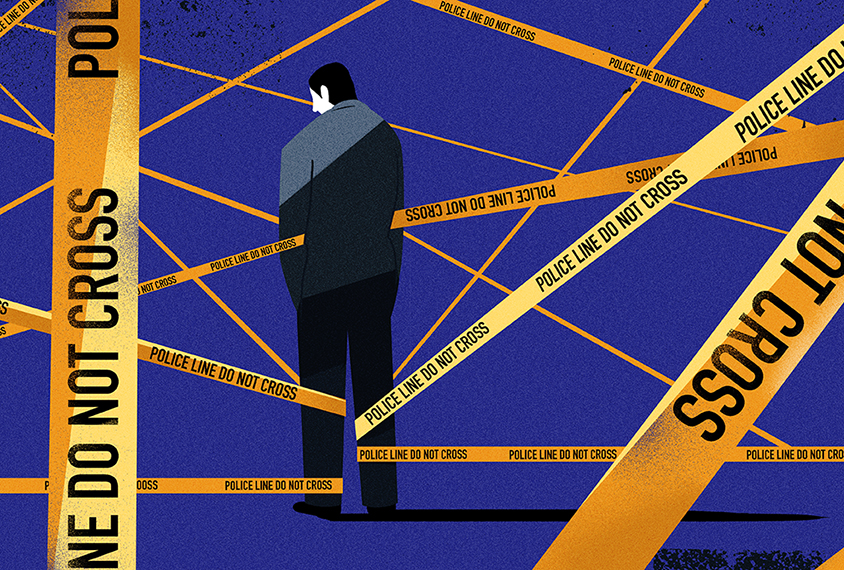Melinda Wenner Moyer (@Lindy2350) is a science writer based in New York’s Hudson Valley. She is a visiting scholar at NYU’s Arthur L. Carter Journalism Institute and an Alicia Patterson fellow. Moyer writes a column for Slate and is a contributing editor at Scientific American. Her work has also appeared in the New York Times, Mother Jones, and a number of women’s magazines.

Melinda Wenner Moyer
From this contributor
When autistic people commit sexual crimes
Many first-time sex offenders on the spectrum may not understand the laws they break. How should their crimes be treated?

When autistic people commit sexual crimes
How pregnancy may shape a child’s autism
Autism is predominantly genetic in origin, but a growing list of prenatal exposures for mother and baby may sway the odds.

How pregnancy may shape a child’s autism
Explore more from The Transmitter
This paper changed my life: Ishmail Abdus-Saboor on balancing the study of pain and pleasure
A 2013 Nature paper from David Anderson’s lab revealed a group of sensory neurons involved in pleasurable touch and led Abdus-Saboor down a new research path.

This paper changed my life: Ishmail Abdus-Saboor on balancing the study of pain and pleasure
A 2013 Nature paper from David Anderson’s lab revealed a group of sensory neurons involved in pleasurable touch and led Abdus-Saboor down a new research path.
Sex bias in autism drops as age at diagnosis rises
The disparity begins to level out after age 10, raising questions about why so many autistic girls go undiagnosed earlier in childhood.

Sex bias in autism drops as age at diagnosis rises
The disparity begins to level out after age 10, raising questions about why so many autistic girls go undiagnosed earlier in childhood.
Microglia implicated in infantile amnesia
The glial cells could explain the link between maternal immune activation and autism-like behaviors in mice.

Microglia implicated in infantile amnesia
The glial cells could explain the link between maternal immune activation and autism-like behaviors in mice.